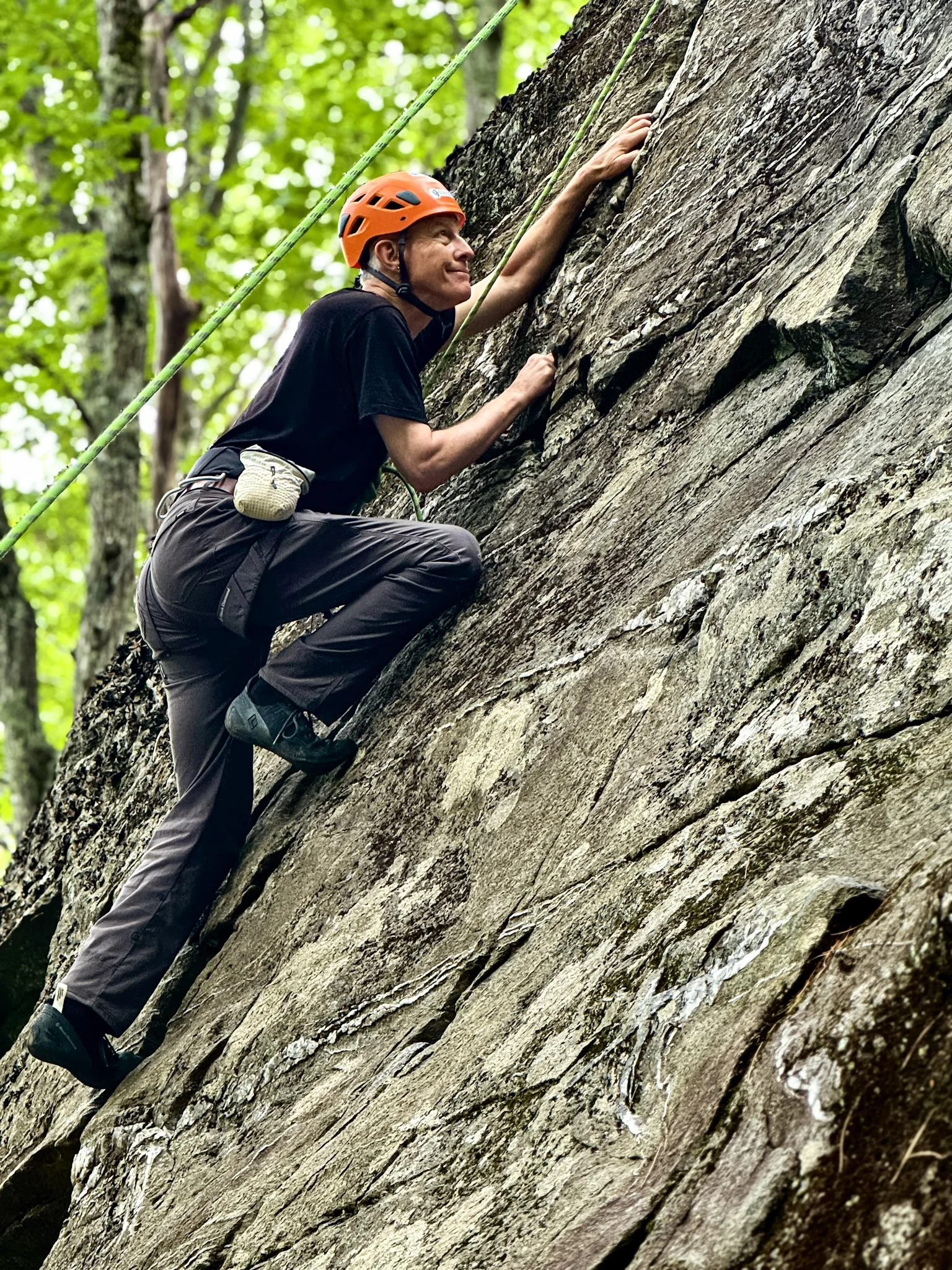7 Fun Tips for Beginner Climbers in Camden Maine Rock Climbing Guide
Are you ready to start your rock climbing adventure in the beautiful Camden, Maine? Whether you're a complete newbie or have a bit of climbing experience, Camden offers the perfect backdrop for your climbing journey. In this guide, we'll cover seven fun and useful tips to help beginners feel confident and enjoy their climbing experience to the fullest.
1. Getting the Right Gear Is Key
Before stepping onto Camden's iconic rocks, make sure you're equipped with the right gear. Essential items include climbing shoes, a harness, a helmet, and a chalk bag. Starting out with proper gear makes a world of difference in comfort and safety. To get the most out of your climbs, consider visiting local shops for gear rentals or purchases. They usually offer advice tailored to the local climbing environment.
In addition to the basics, consider investing in a climbing guidebook that details Camden's specific routes and features. This resource can be incredibly helpful when planning your climbs and understanding what gear might be best suited for specific challenges. Moreover, getting high-quality gear isn't just about safety; it's about enhancing your overall enjoyment by allowing you to focus on the climb rather than on discomfort or safety concerns.
2. Understanding Basic Climbing Techniques
Learning basic climbing techniques is crucial for beginners. Focus on mastering footwork, hand grips, and body positioning. These skills will help you tackle Camden's routes with confidence and control. For instance, proper footwork can drastically reduce the energy you expend, making climbs feel more manageable and less tiring.
Also, understanding the concept of 'rest positions' while climbing can help you sustain energy throughout your climb. Essentially, finding small ledges or footholds to pause and 'rest' your muscles briefly can extend your stamina remarkably, making longer climbs more feasible for beginners. Watching tutorials or joining beginner classes can also demystify climbing mechanics and boost your learning curve.
3. The Importance of a Good Warm-Up
Warming up properly prepares your body for the physical demands of climbing. Simple stretches and exercises will help increase flexibility and reduce the risk of injuries, ensuring a more enjoyable climbing experience. Start with dynamic stretches that mimic climbing movements and incorporate exercises that strengthen your core and improve grip strength.
A good warm-up should increase your heart rate and bring blood flow to major muscle groups. Jumping jacks or a quick jog can be great for this. After you're warmed up, focusing on specific climbing techniques during your exercises can mentally and physically prepare you for the actual climb. Make warm-up a priority—it’s not just about avoiding injuries but also about optimizing your performance on the rocks.
4. Learning the Lingo
Familiarize yourself with climbing terms—knowing the difference between a jug and a crimp, or understanding commands like 'belay on,' is essential for safety and communication with climbing partners. This shared language connects you with the climbing community and enhances safety when following or giving instructions.
Understanding the jargon can also be empowering. It enables you to follow along with climbing instructions or online forums more easily, aiding in your development as a climber. This knowledge might not come overnight, but the more you climb and engage with local climbing communities, the more natural it will become.
5. Starting with Beginner-Friendly Routes
Camden offers several routes perfect for beginners. Start with the less challenging ones to build confidence and skills before progressing to more difficult climbs. Enjoy the process of pushing yourself with each climb. Ask local climbers or your guiding service for recommendations on the best beginner routes around.
As you gain experience, you'll find excitement in gradually tackling more challenging routes. Listen to your body's signals and take breaks when needed. With patience and practice, your skill set and endurance will grow, opening up new possibilities in Camden's varied climbing landscape.
6. Having a Mentor or Joining a Group
Climbing with a more experienced partner or joining a local climbing group provides you valuable knowledge and support. Learning from others' experiences can enhance your own skills and make your climbing journey more enjoyable. Many climbing groups offer meetups, events, or classes that are ideal for beginners seeking social connections and skill-building opportunities.
Additionally, mentorship doesn't just improve your climbing skills; it builds friendships and networks within the climbing community. Those who have climbed the same routes can give insights and pointers that might not be on the map or in guidebooks, enriching your climbing experience significantly.
7. Keeping Safety at the Forefront
Safety is paramount in rock climbing. Always double-check your gear, use proper belay techniques, and be aware of your surroundings. A safe climb is a fun climb, so always prioritize safety measures. Climbing is an inherently risky activity, so understanding and mitigating these risks is crucial. Emphasize communication with your climbing partners using clear signals and commands during each climb.
Taking a climbing safety course or participating in a workshop can provide you concrete techniques for preventive safety. Reflect on every climb by assessing what went well and what could be improved. Such reflection can diminish the risk of accidents and ensure you are continuously progressing as a responsible climber.


